Why the UK’s pseudo-public spaces are under the microscope
Investigation reveals ‘creeping privatisation’ of public spaces
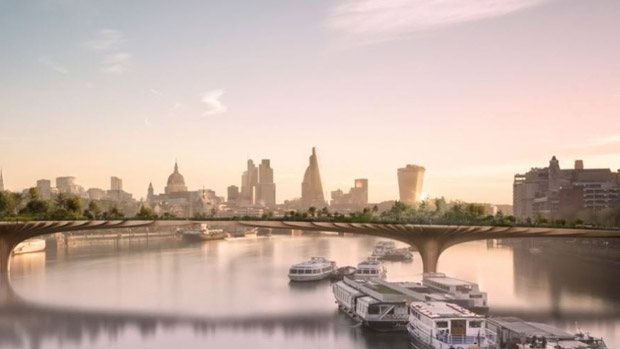
A free daily email with the biggest news stories of the day – and the best features from TheWeek.com
You are now subscribed
Your newsletter sign-up was successful
An investigation by The Guardian has revealed an “almost complete lack of transparency” over psuedo-public spaces around the UK and how those spaces are policed.
Although they are seemingly accessible to the public and have the look and feel of public land, these sites – also known as privately owned public spaces or Pops – are not “subject to ordinary local authority bylaws but rather governed by restrictions drawn up the landowner and usually enforced by private security companies,” says the paper.
This means that anything from taking a photo to having a nap on a bench could be prohibited without the public being aware.
The Week
Escape your echo chamber. Get the facts behind the news, plus analysis from multiple perspectives.

Sign up for The Week's Free Newsletters
From our morning news briefing to a weekly Good News Newsletter, get the best of The Week delivered directly to your inbox.
From our morning news briefing to a weekly Good News Newsletter, get the best of The Week delivered directly to your inbox.
While London is at the centre of the UK’s trend towards the creation of pseudo-public spaces, budgetary pressures on local authorities and growing partnerships with the private sector have resulted in a number of similar developments emerging in other cities across the UK.
There is currently no legal requirement to compile a database of Pops in the UK and last week The Guardian revealed that of 14 local authorities outside the capital contacted by the paper, just two were able to provide any information on the psuedo-public sites under their jurisdiction, “fuelling concerns about a growing democratic deficit within local city government”.
Campaigners argue that the proliferation of Pops means that unless landowners volunteer the information themselves, members of the public have no way of knowing whether activities they enjoy a legal right to in other public areas are permitted, because as the The Financial Times puts it: “although they might look like public spaces their owners can restrict what the public can do within them”.
Sarah Gaventa, a former adviser to the UK government on public spaces, writing in The Londonist, cites one recent example where building workers were asked to leave a seemingly public space in the City of London because they were wearing dirty overalls.
A free daily email with the biggest news stories of the day – and the best features from TheWeek.com
“The owners explained that they might drop dirt from their overalls onto the bench which would then transfer to an Armani suit,” she recalls. Unbeknownst to those entering the area, the owners were “creating a white-collar public space”, she says.
So what are the consequences of the rise of Pops and are there any alternatives?
Top of the Pops
The privatisation of public land came into sharp focus when Occupy protesters were forced out of London’s Paternoster Square in 2011 by a court order that revealed the space was owned by the Mitsubishi Estate Company
“It seemed, at the time, too dystopian to be true, that the rules imposed by a corporation could supersede the law of the land,” says Australian academic Bradley Garrett in The Guardian.
But in fact, delving deeper into the figures, it transpires that for the “past few decades almost every major redevelopment in London has resulted in the privatisation of public space, including areas around the Olympic Stadium, King’s Cross and Nine Elms,” he adds.
“It’s a sort of creeping privatisation which happened without people really noticing it,” Anna Minton, an expert on urban space told the Financial Times.
The lack of public awareness is, in part, down to the secrecy surrounding the ownership of Pops. “In most of these pseudo-public spaces, the property owners refuse to post what “rules” are enforced on the property,” says Garrett.
The Guardian’s investigation found that of the 50 companies and private businesses who own Pops in London, just two were prepared to reveal the rules that governed those areas.
It's particularly an issue because “being able to know what rules you are being governed by, and how to challenge them, is a fundamental part of democracy,” said Sian Berry, a London Assembly member for the Green Party.
Gaventa says she is not in general opposed to Pops, because private developments are nowadays often the only way to add to the “public realm”.
“Local authorities don’t have the money to create more public spaces,” she says. “They also require management and maintenance. There’s nothing wrong with that, but it’s the way they are managed. You can’t have public spaces if people aren’t allowed to do public things. With democracy comes public protest. If you’re going to create a public space, you can’t put it off limits to the public.”
The ideal “would be to sit comfortably in a Pops and not know from its design or policing that it is private at all,” says Gaventa.
People power
Despite their growing prevalence, alternatives to pseudo-public places do exist.
In one suburb of Paris, a citizen-run project has taken control of more than 5,000 square metres of land and “is helping to fuel debate about the creation of the ‘urban commons’ – “commonly owned and managed spaces that are not subject to the logic of the market,” says The Guardian.
In Aberdeen, following considerable public pressure plans to hand over control of the city’s historic Union Terrace Gardens to a consortium of business interests were abandoned.
Even the demise of the Garden-Bridge project can be seen as a win for those who argued a privately owned through-path in the UK’s capital was divisive.
And despite the growing “democracy deficit” as The Guardian puts it, some experts believe the power remains in the hands of the people.
“The planning process is supposed to be democratic,” Adam Fineberg, an expert adviser on public services, told the paper. “The people responsible for drawing up planning policies and sitting on planning committees are elected representatives. So if citizens are concerned about this issue in their local areas, they can campaign and put pressure on representatives through the ballot box and try to ensure that future planning applications by developers are required to meet clear and strong conditions regarding public access and open governance. It’s a question of local democracy.”
-
 Bondi, Democrats clash over Epstein in hearing
Bondi, Democrats clash over Epstein in hearingSpeed Read Attorney General Pam Bondi ignored survivors of convicted sex offender Jeffrey Epstein and demanded that Democrats apologize to Trump
-
 Are Big Tech firms the new tobacco companies?
Are Big Tech firms the new tobacco companies?Today’s Big Question Trial will determine if Meta, YouTube designed addictive products
-
 El Paso airspace closure tied to FAA-Pentagon standoff
El Paso airspace closure tied to FAA-Pentagon standoffSpeed Read The closure in the Texas border city stemmed from disagreements between the Federal Aviation Administration and Pentagon officials over drone-related tests
-
 The Week Unwrapped: Seeing stars, prescribing comedy and decriminalising drugs
The Week Unwrapped: Seeing stars, prescribing comedy and decriminalising drugspodcast What will the James Webb Telescope accomplish? Why is the NHS sending people to comedy courses? And are drugs laws about to change in the British capital?
-
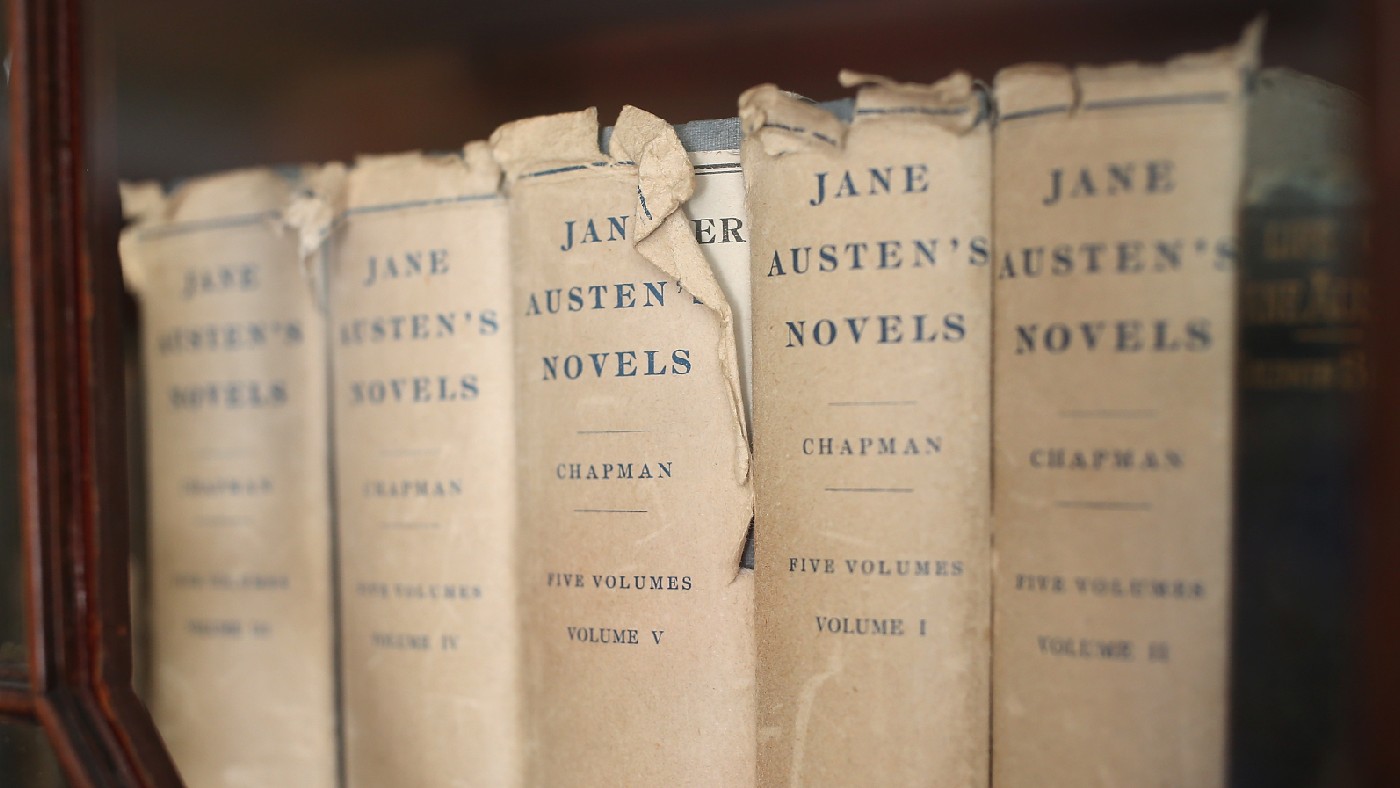 ‘The fight against far-right extremism doesn’t start with classics written in a past society’
‘The fight against far-right extremism doesn’t start with classics written in a past society’Instant Opinion Your digest of analysis and commentary from the British and international press
-
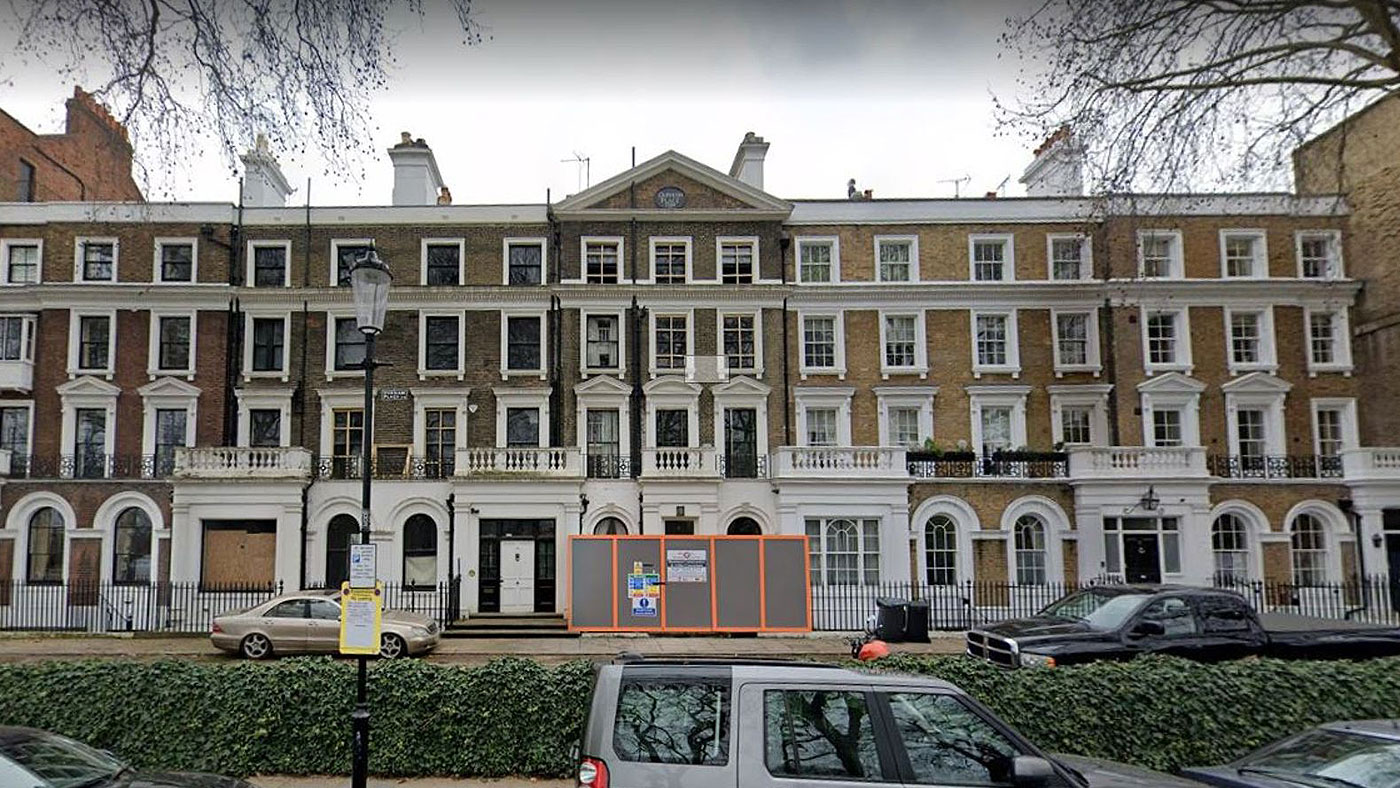 Movie mogul’s £6m London mansion collapses during ‘iceberg’ basement work
Movie mogul’s £6m London mansion collapses during ‘iceberg’ basement workSpeed Read Chelsea property belonged to the family of late executive Arthur Abeles
-
 Cathedral livestreams memorial service for stray cat
Cathedral livestreams memorial service for stray catSpeed Read And other stories from the stranger side of life
-
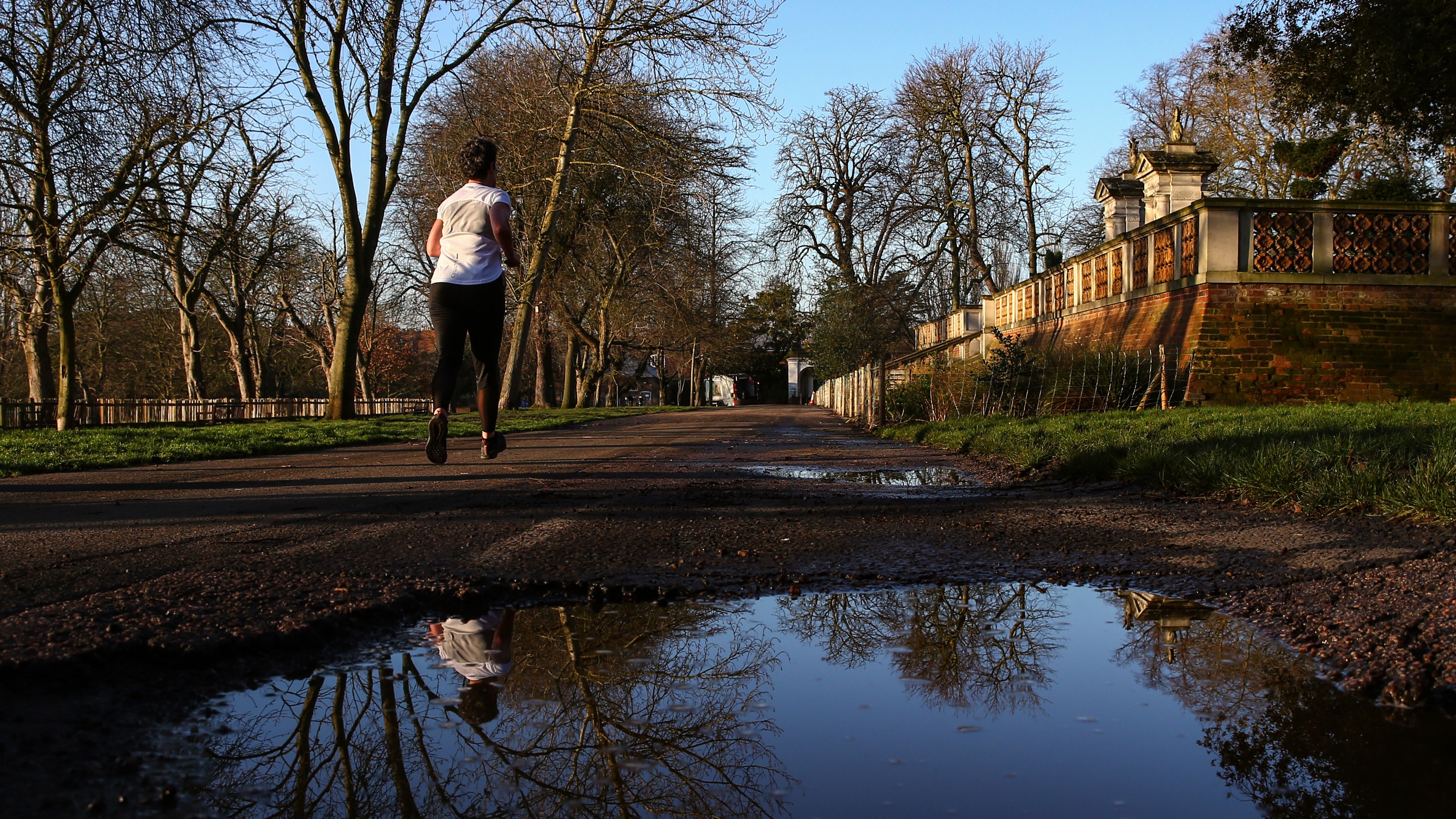 The luxury London neighbourhood that may be renamed over slavery links
The luxury London neighbourhood that may be renamed over slavery linksSpeed Read Holland Park under scrutiny by city authorities after local statue vandalised by protesters
-
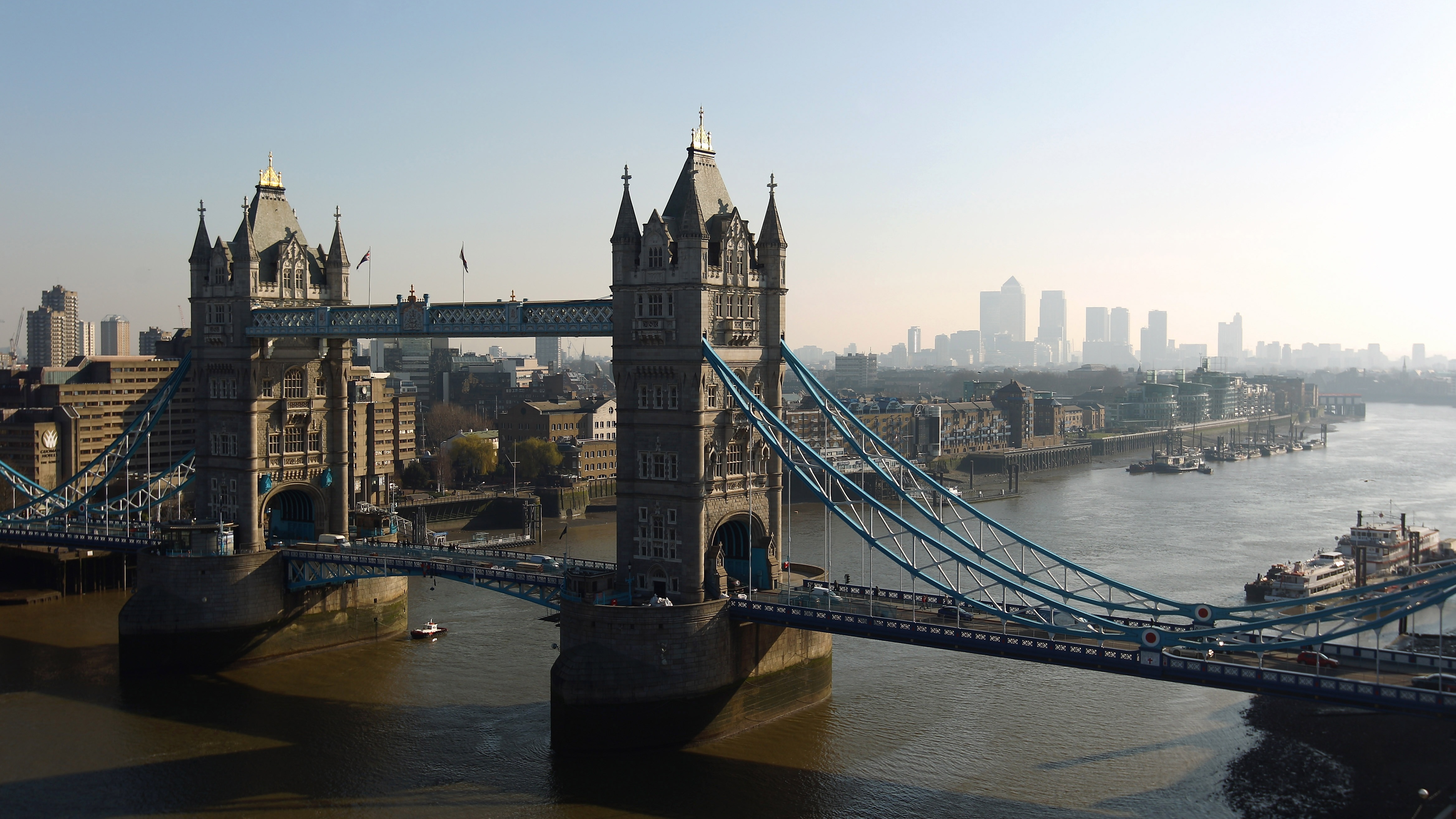 Instant Opinion: ‘London must thrive if we all want to prosper’
Instant Opinion: ‘London must thrive if we all want to prosper’In Depth Your guide to the best columns and commentary on Monday 27 January
-
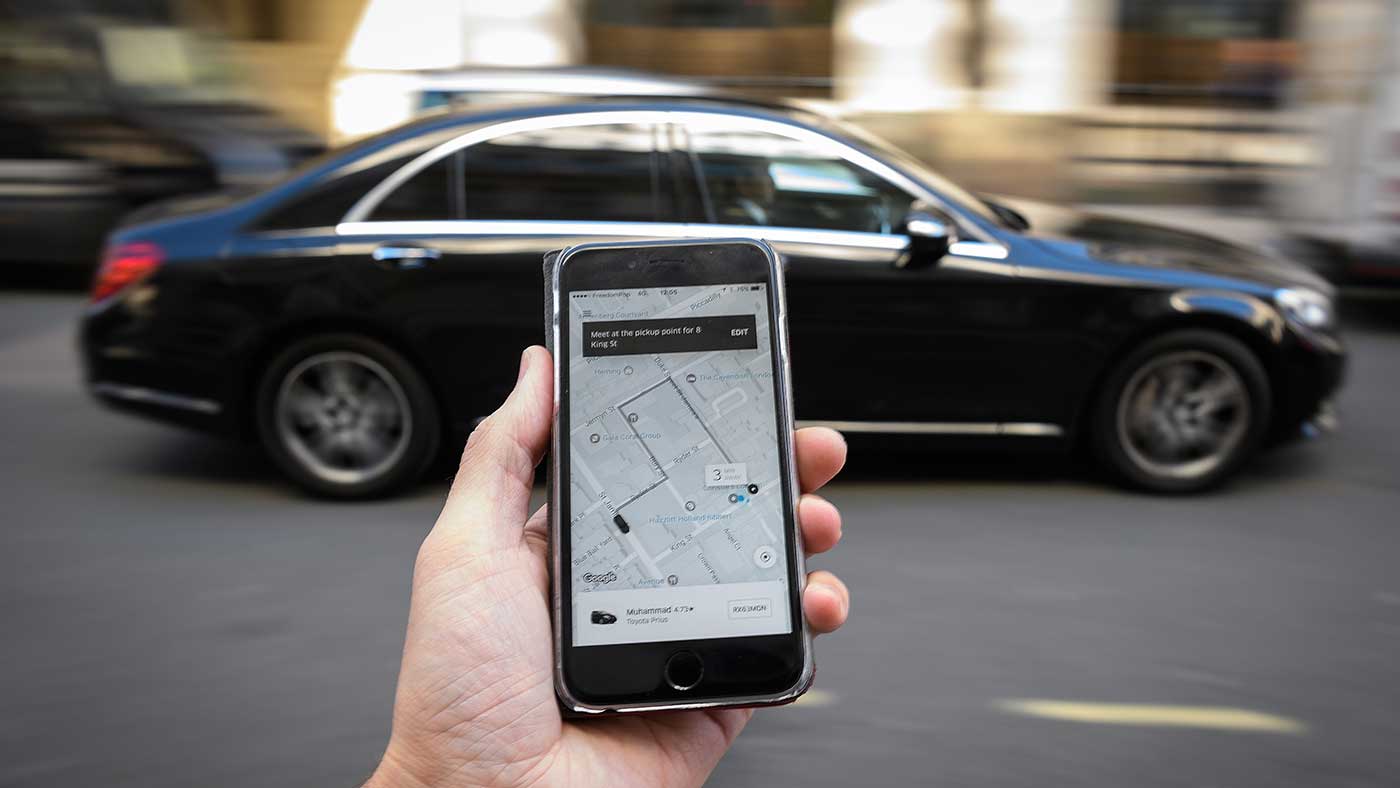 Why Uber drivers are suing Sadiq Khan
Why Uber drivers are suing Sadiq KhanSpeed Read Minicab operators say mayor’s decision to make them pay congestion charge is discriminatory
-
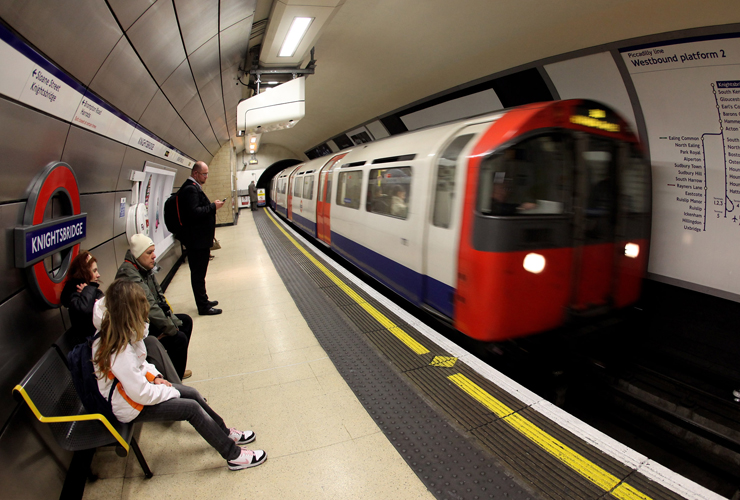 Man pulled from under train at Sloane Square tube station
Man pulled from under train at Sloane Square tube stationSpeed Read Victim hospitalised in unknown condition after being struck by a train